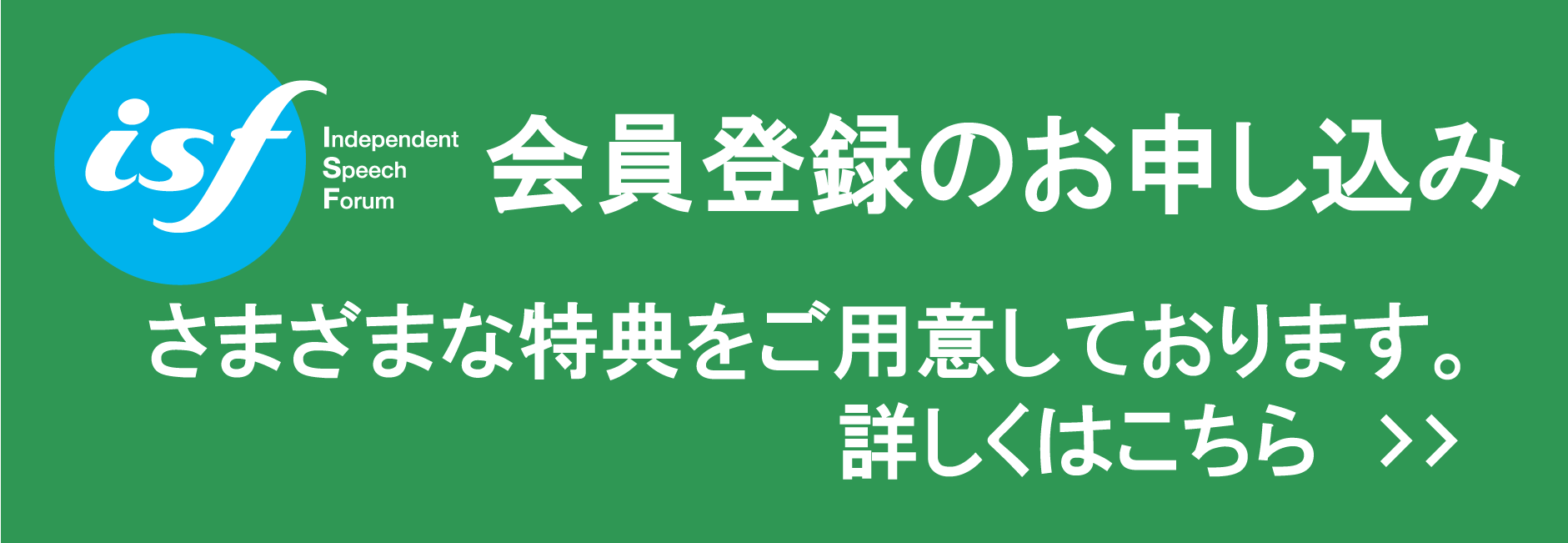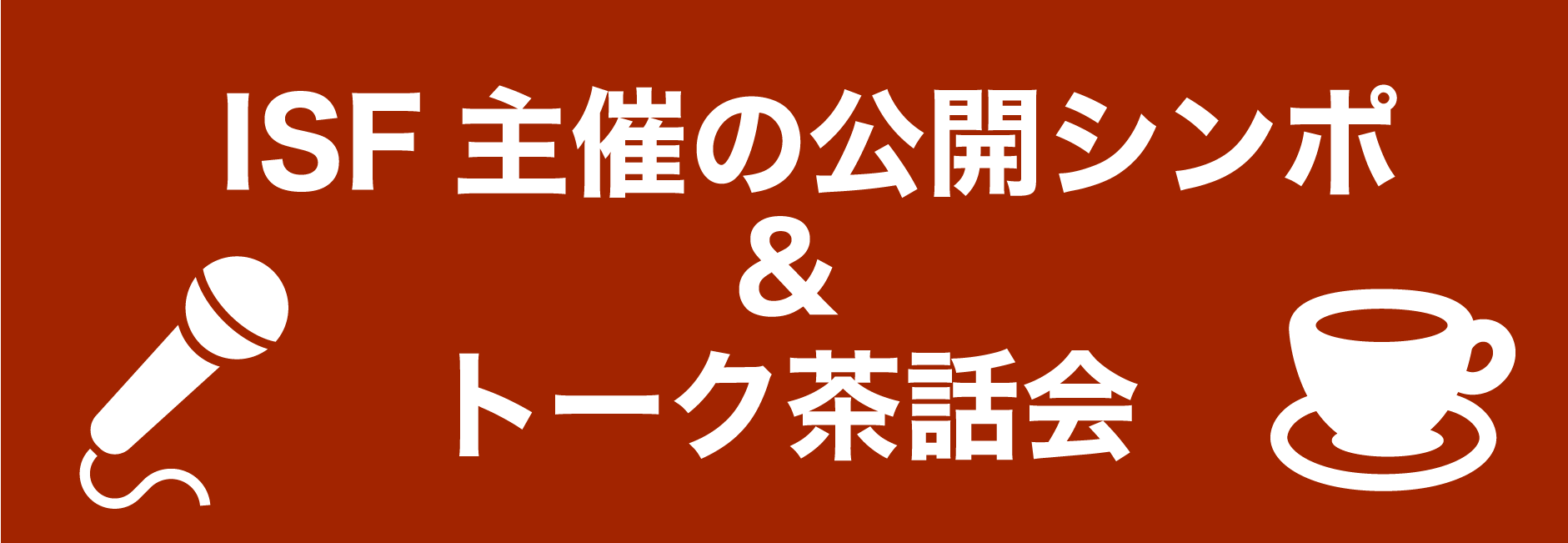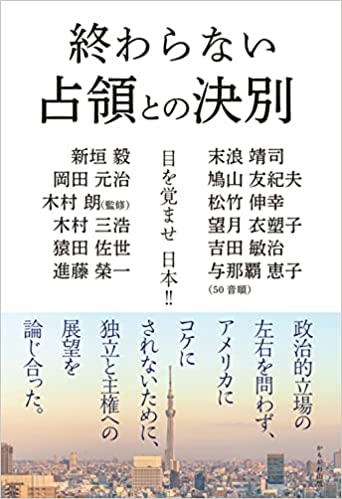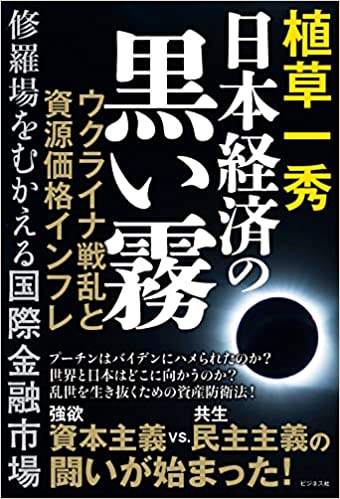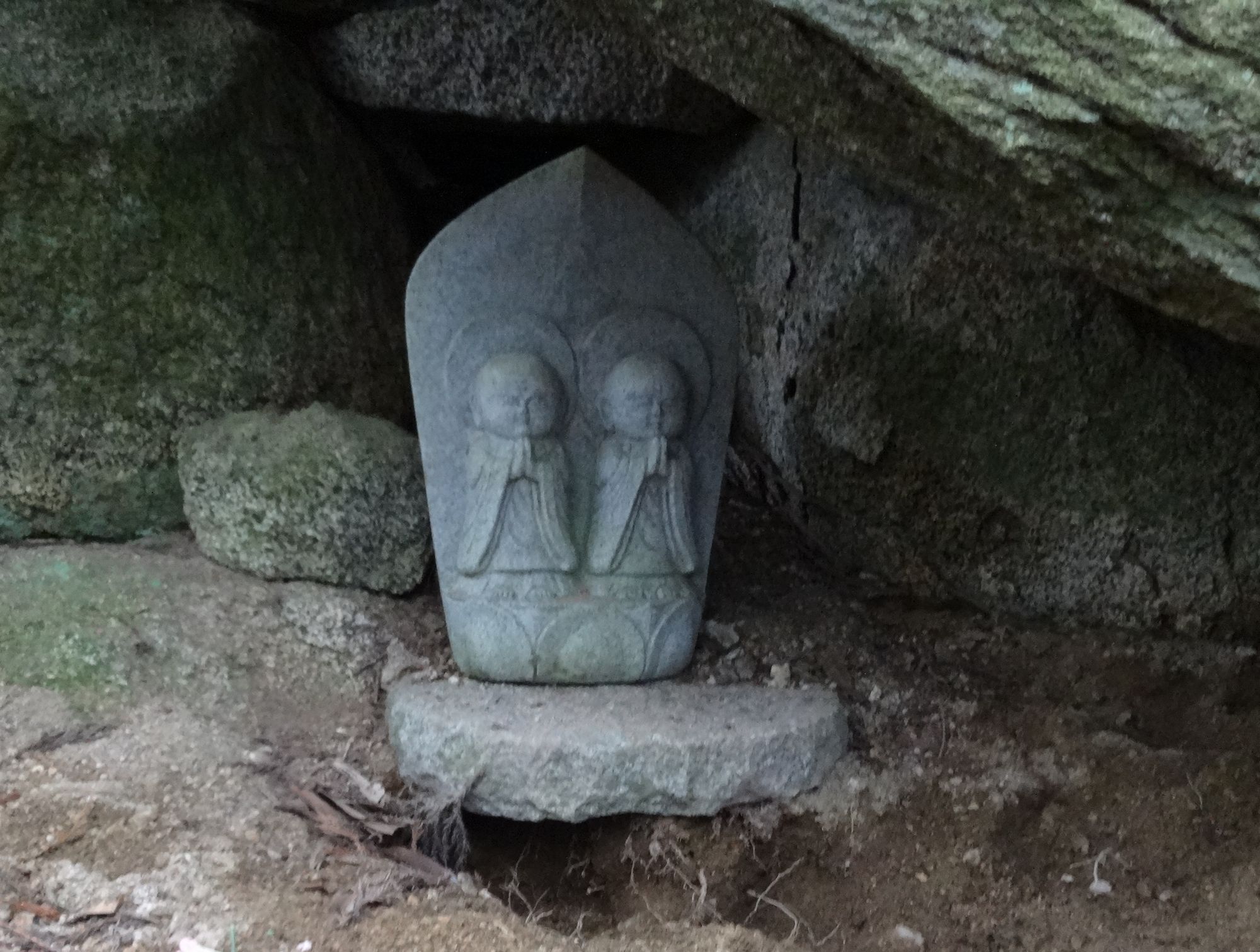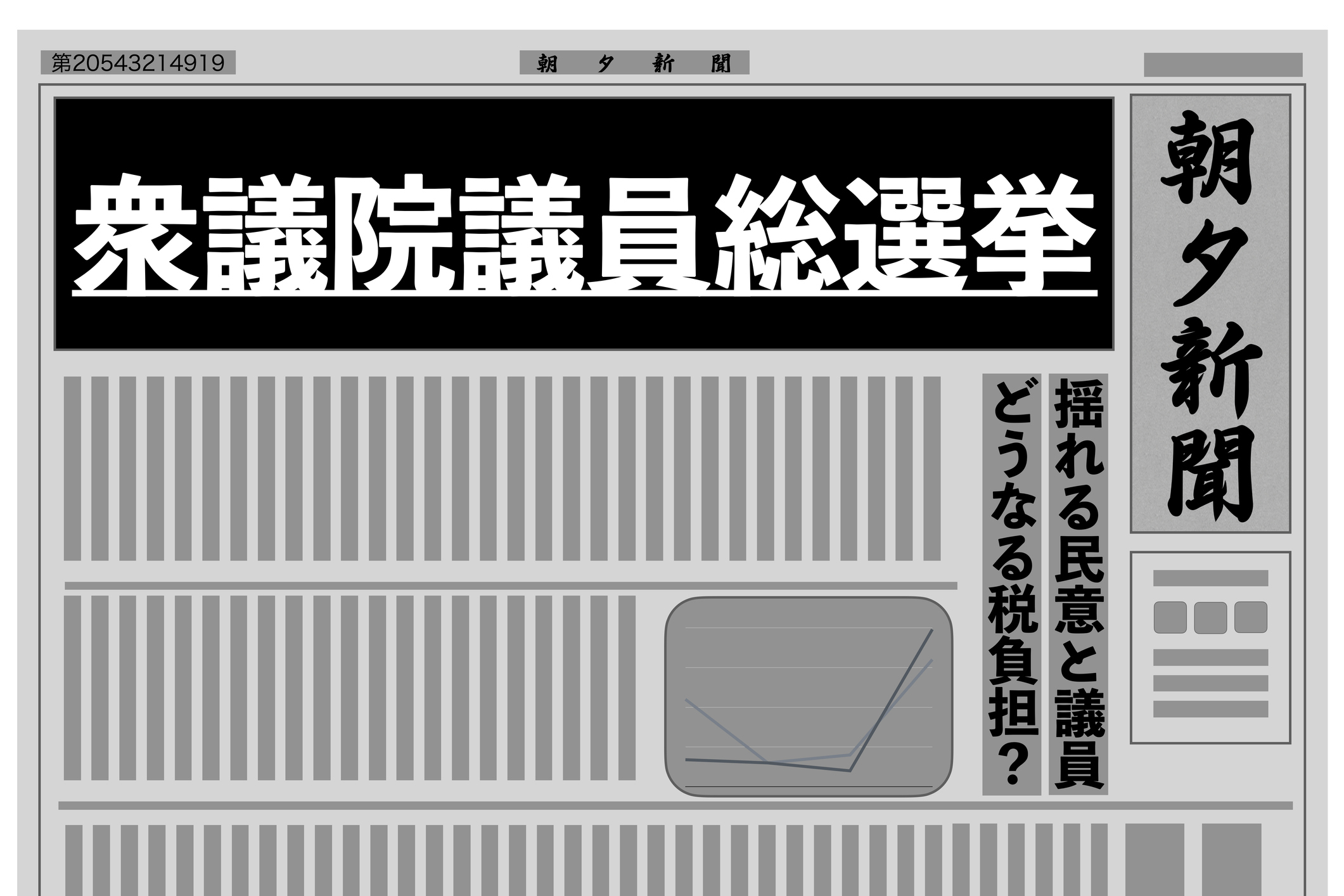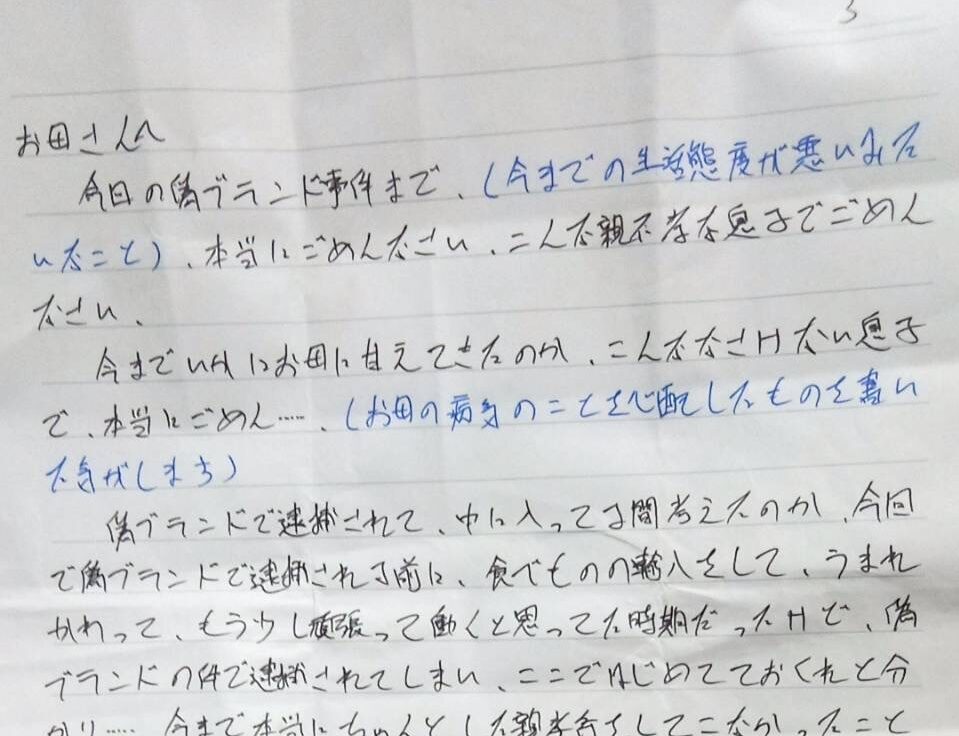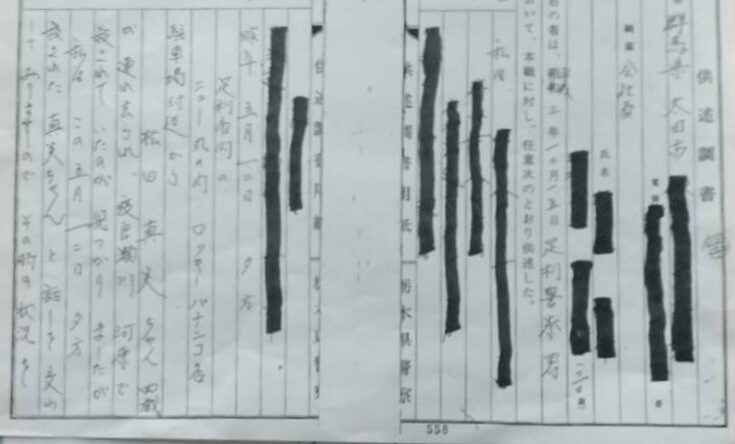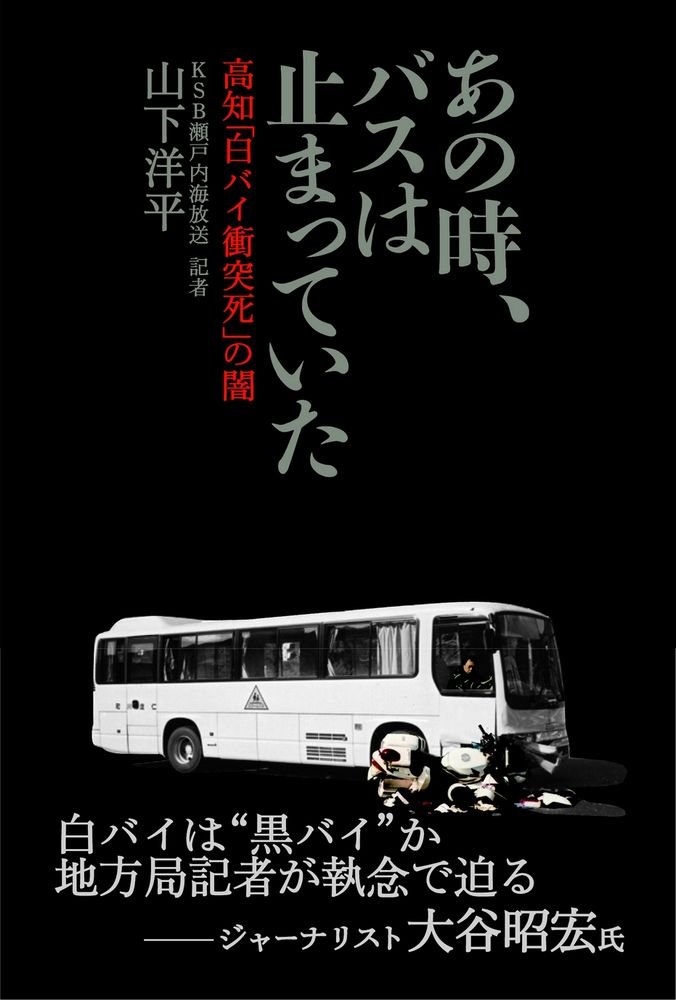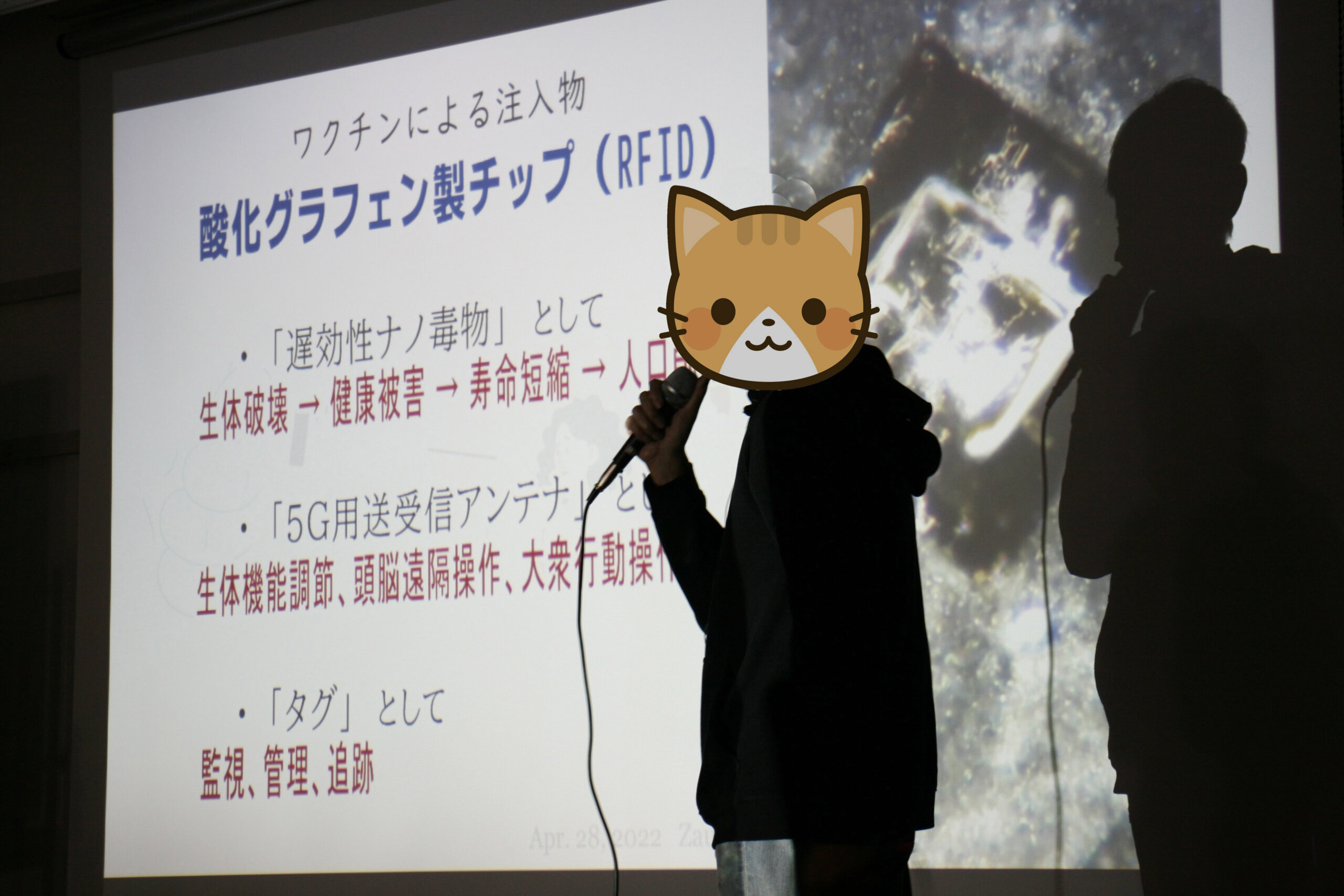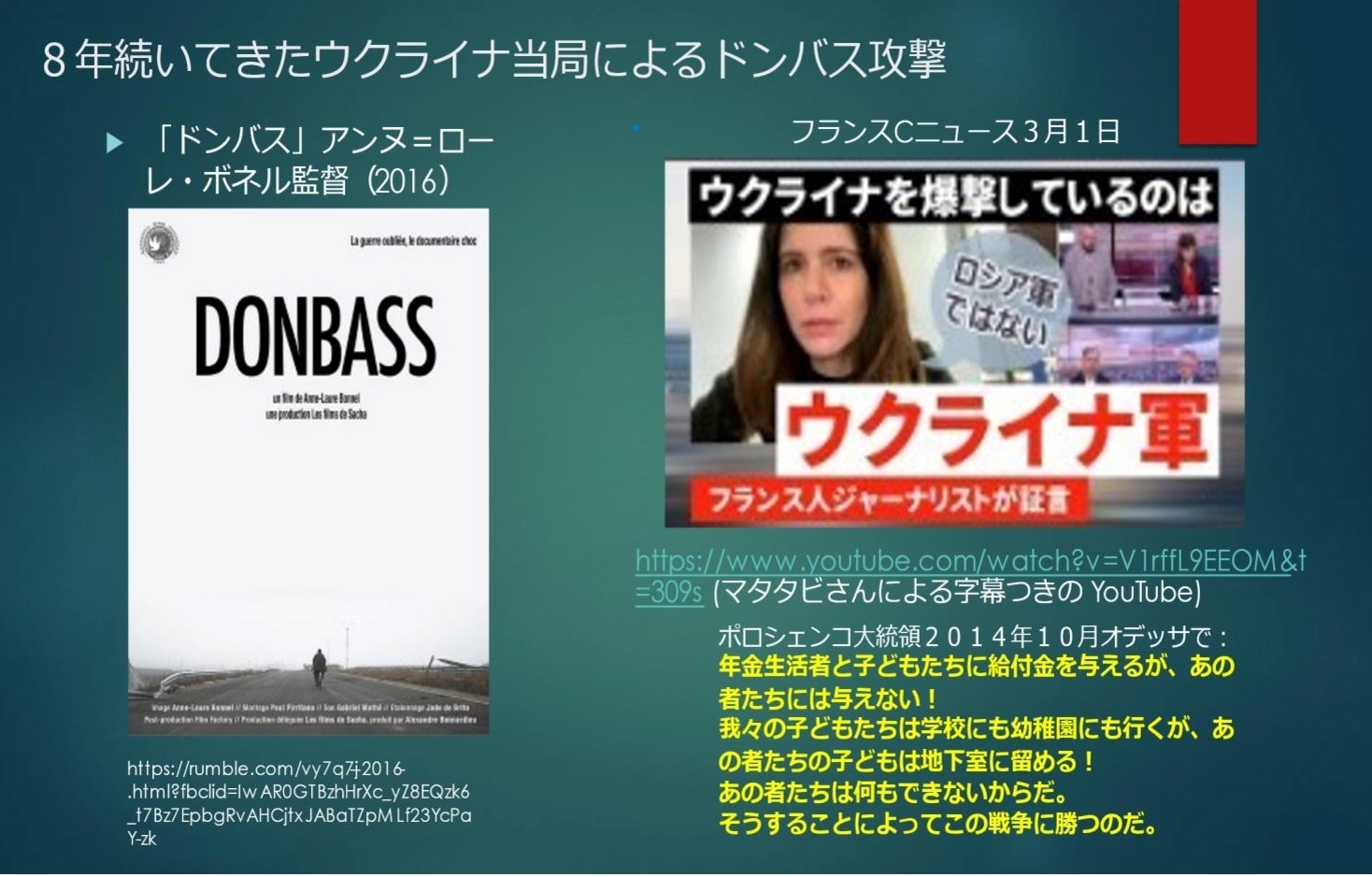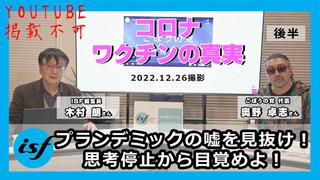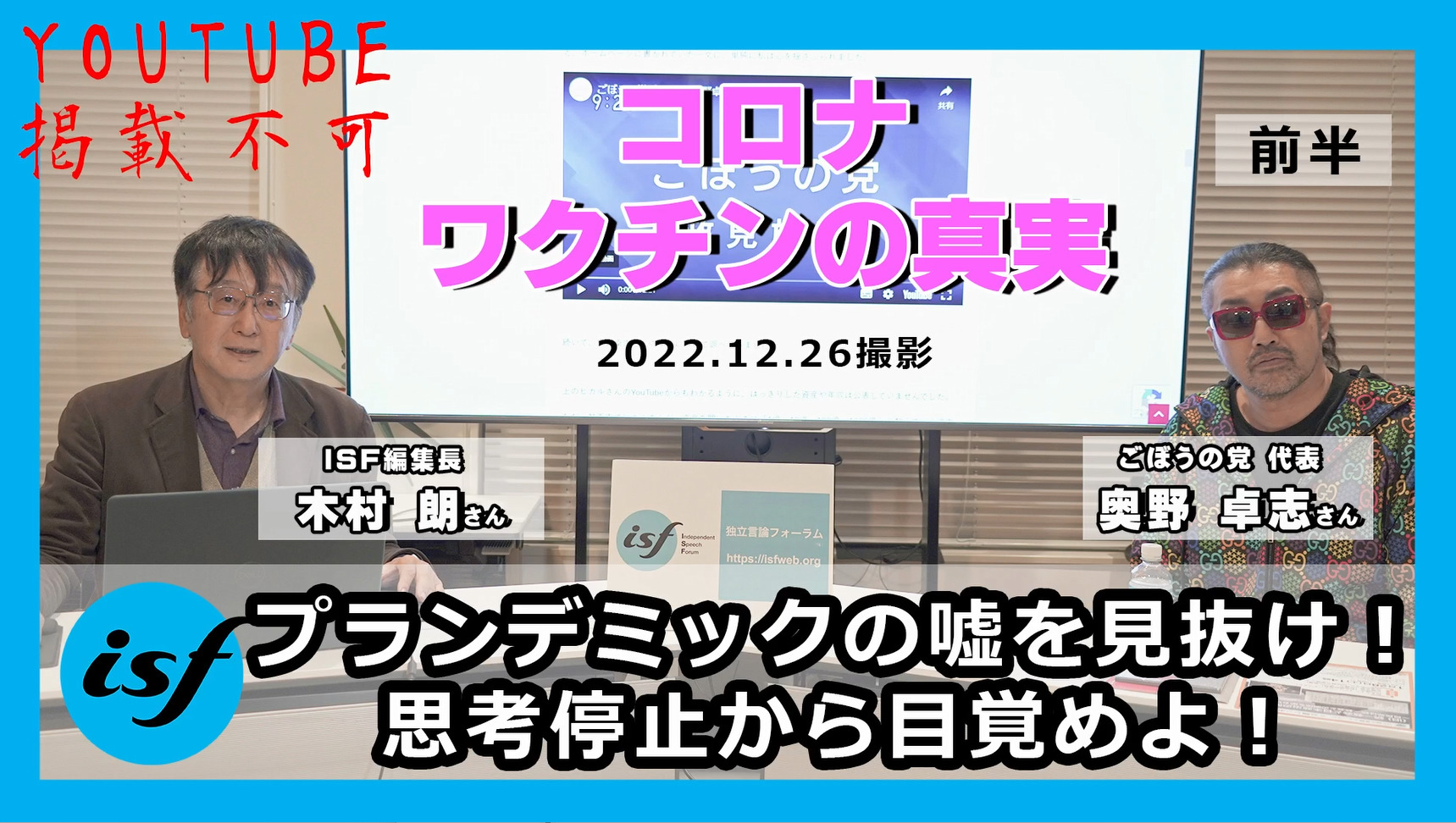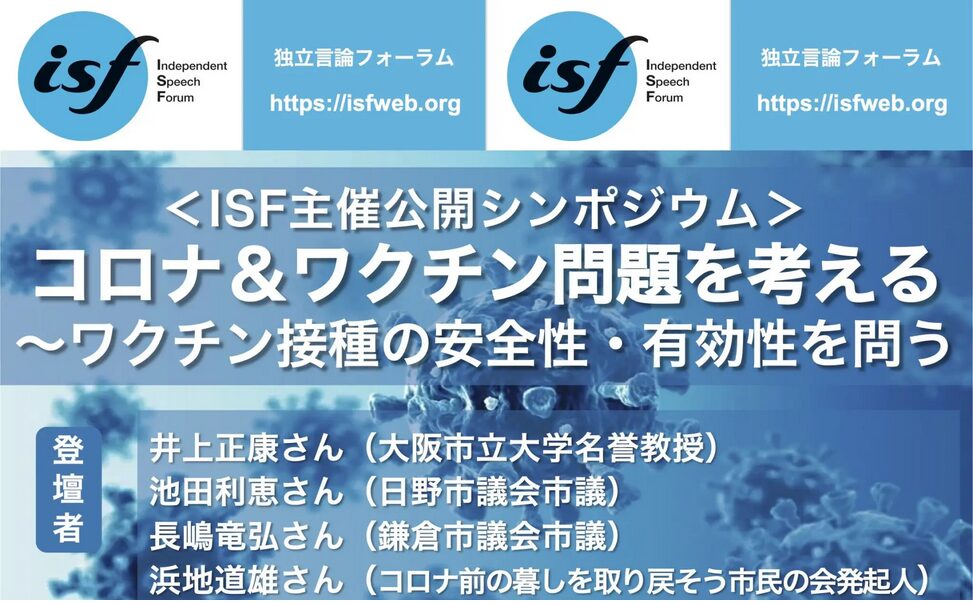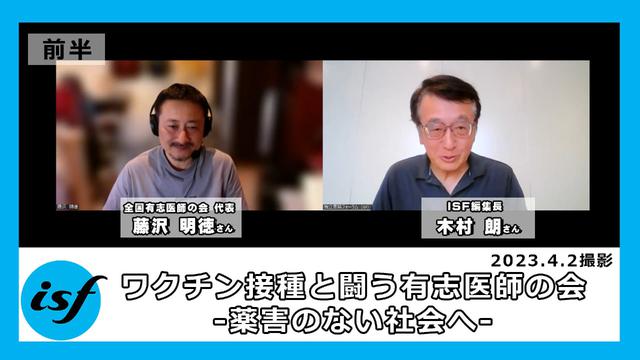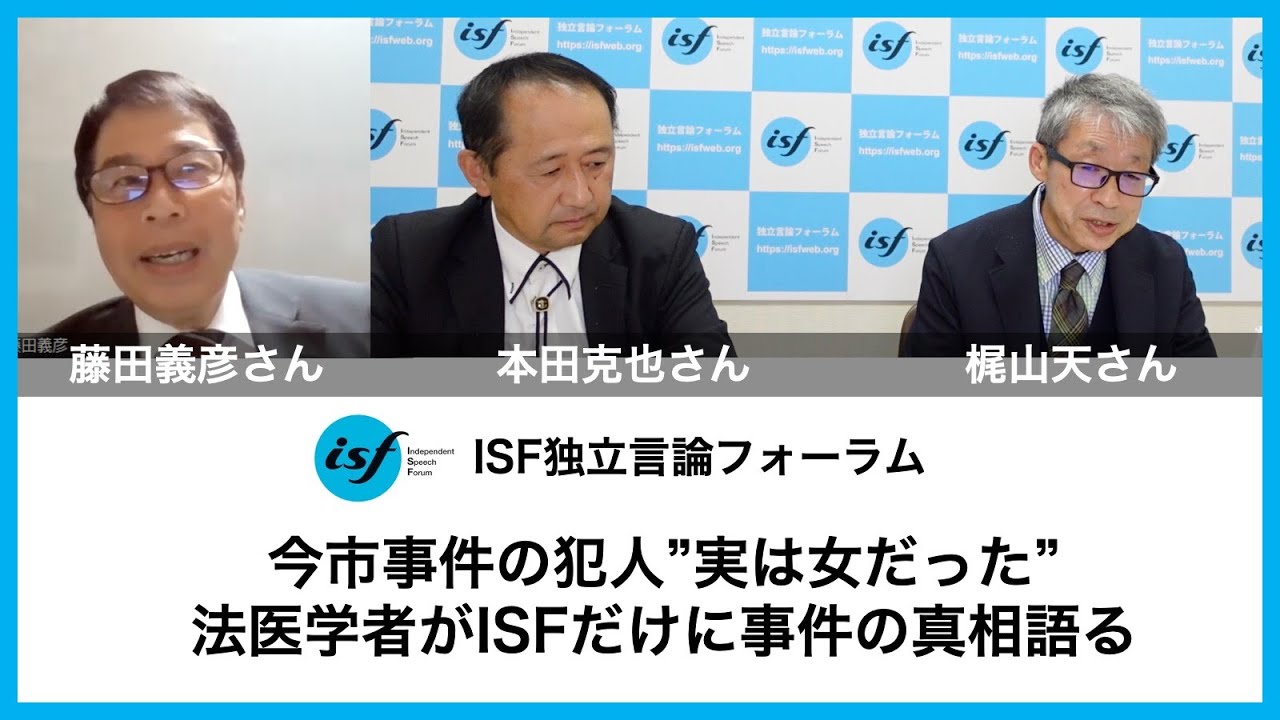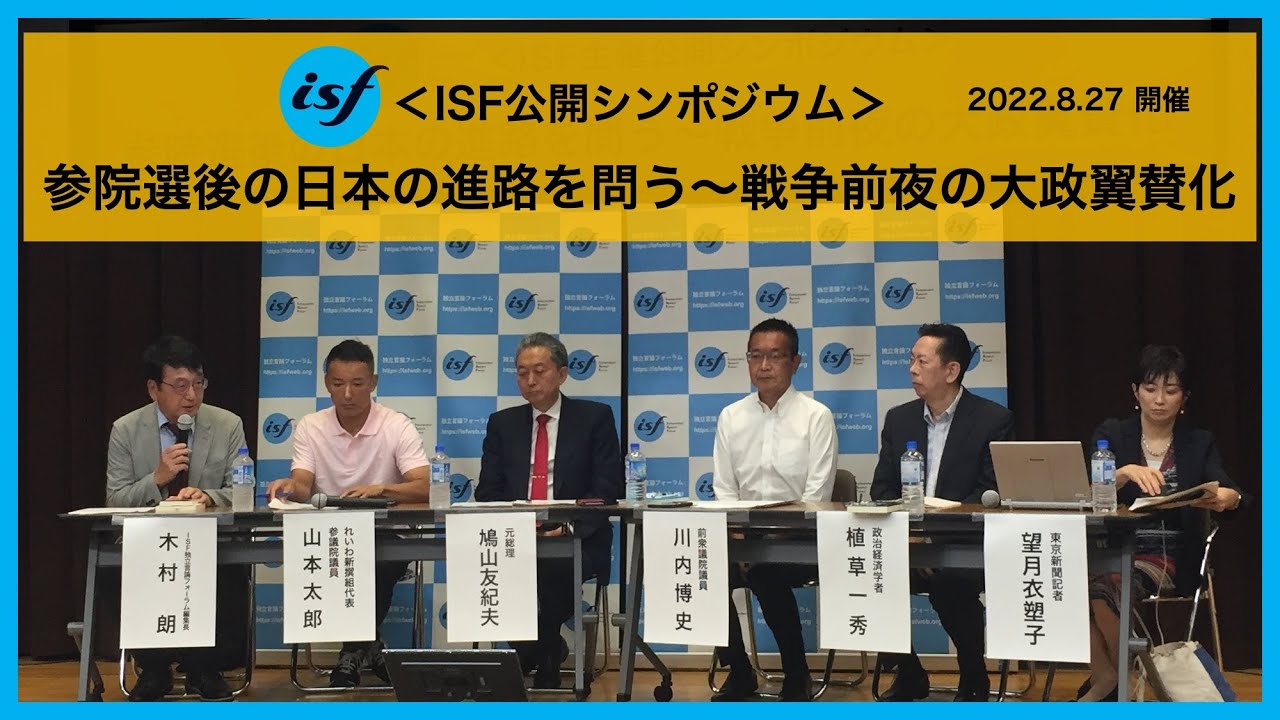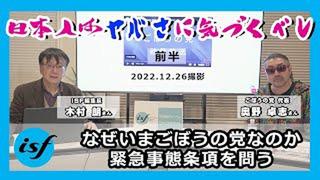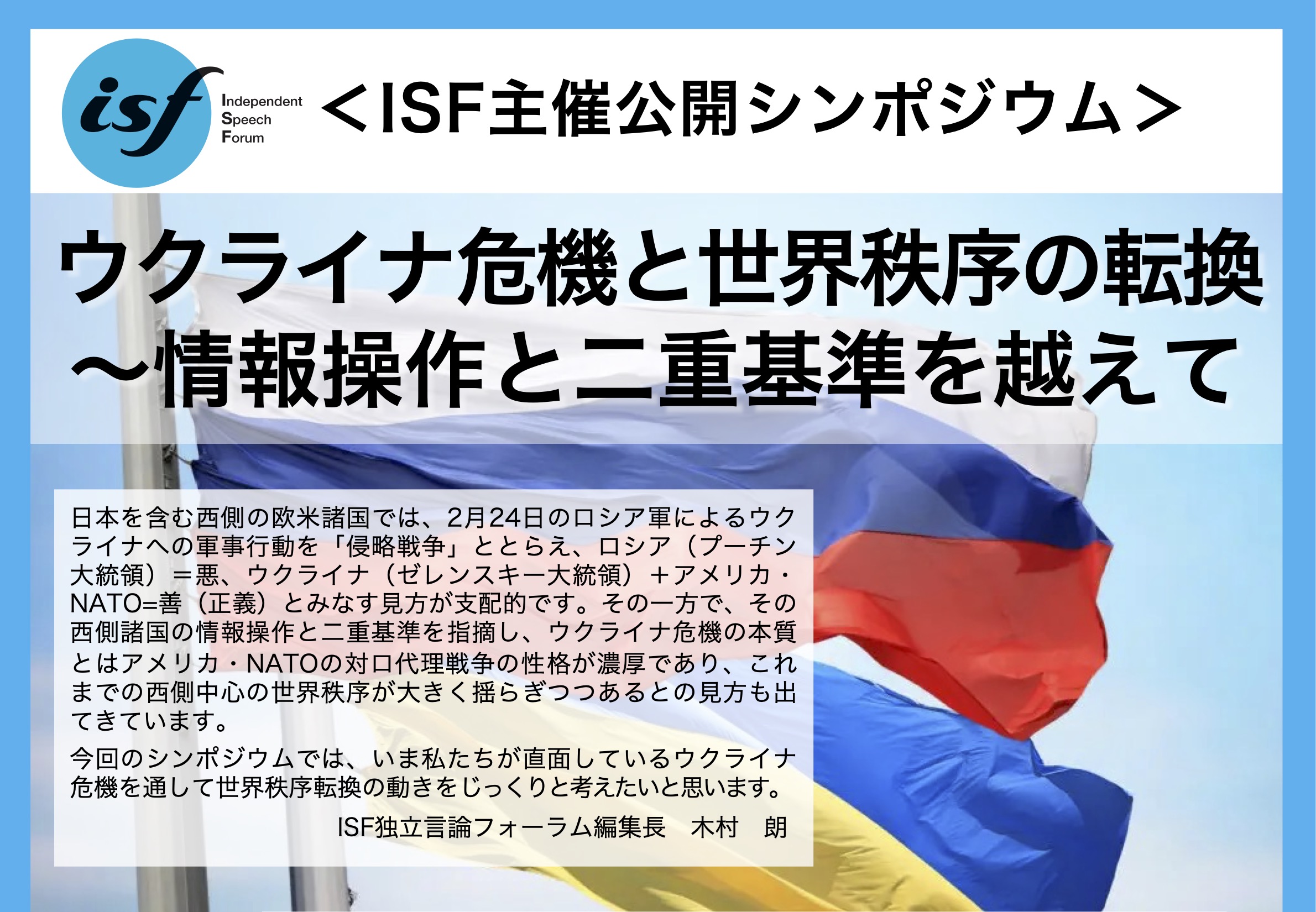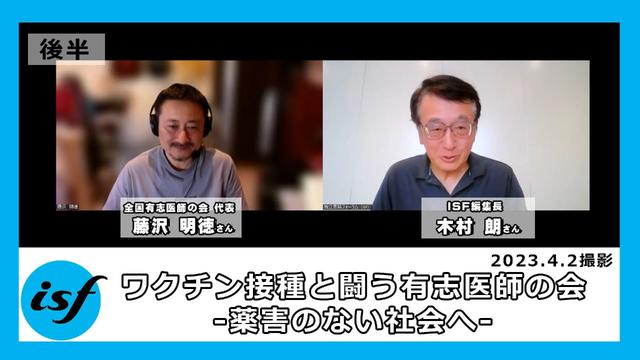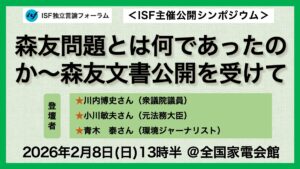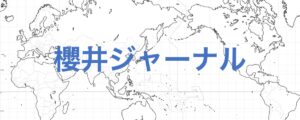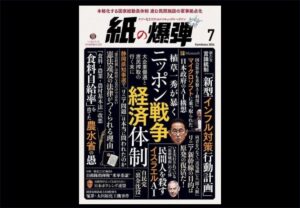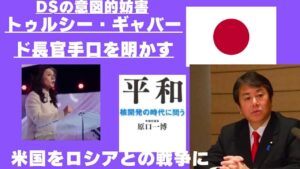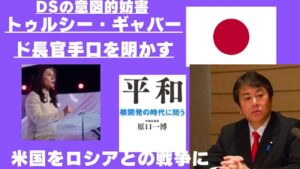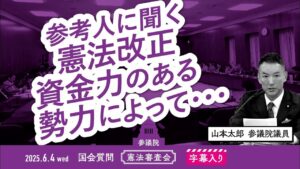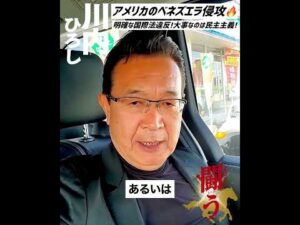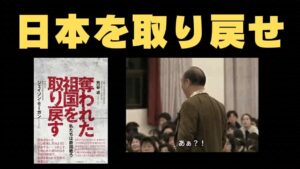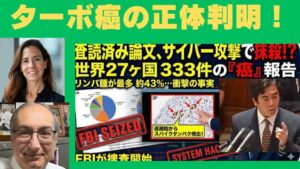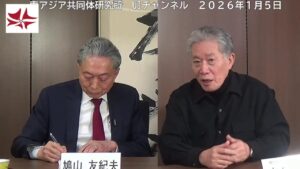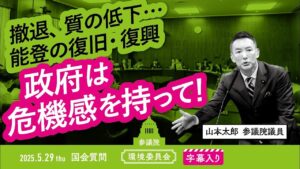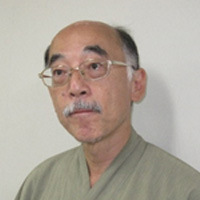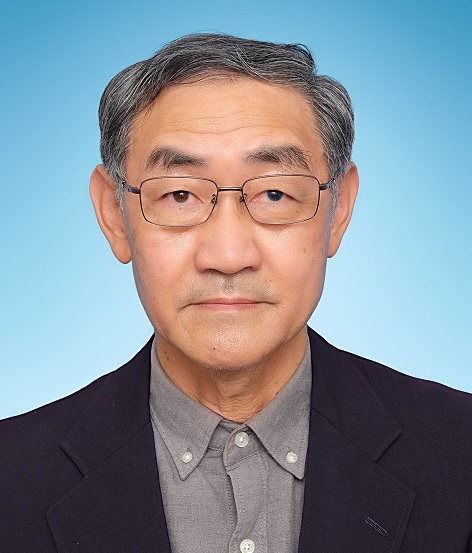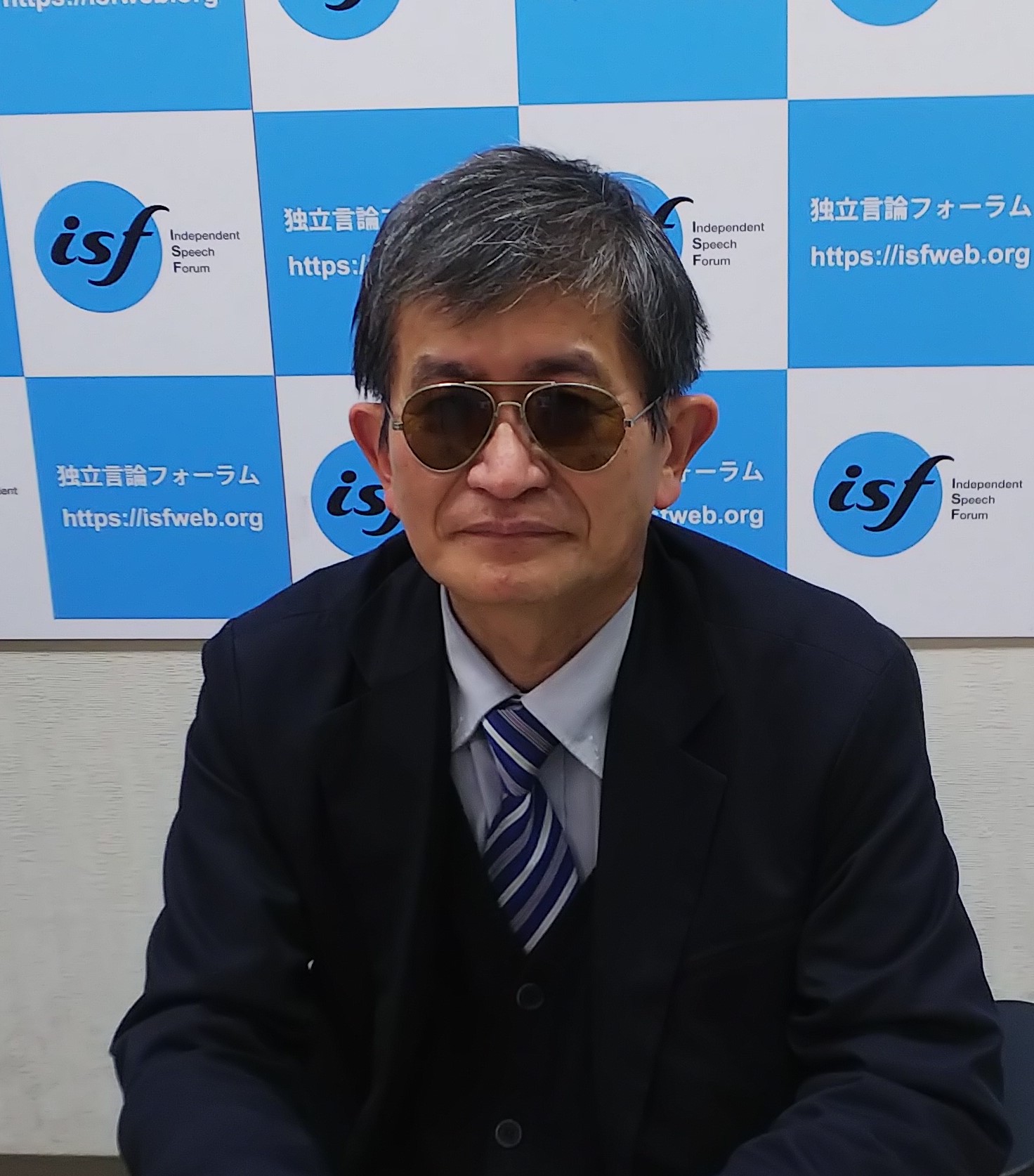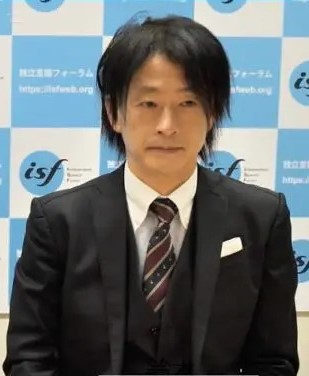
「強制徴用大法院判決関連解決法」に対する「強制動員問題解決と過去清算のための共同行動」による緊急声明
国際To build international solidarity, I translated the urgent statement by the Joint Action for Resolution of the Forced Labour Issue and Settlement of Past Issues in response to the “Solution Related to the Court Decision on Forced Recruitment” announced by the Republic of Korea government on March 6. Please note that this is a quick translation with the aid of Deepl and may not be completely accurate. Suggestions for improvement are welcome. The original Japanese version is HERE. (Satoko Oka Norimatsu, Peace Philosophy Centre @PeacePhilosophy)
2023年3月6日に韓国政府が発表した「強制徴用大法院判決関連解決法」に対する「強制動員問題解決と過去清算のための共同行動」による緊急声明を、国際連帯をつくるために英訳しました。
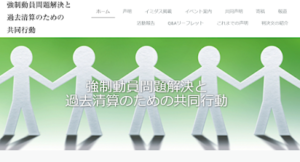
Statement: “Closing our eyes to history and leaving the victims behind is not a solution!”
Today, the Korean government and Minister of Foreign Affairs Park Jin announced the “Solution Related to the Court Decision on Forced Recruitment.”
The “Solution” includes the three points: 1) the “Foundation for Supporting Victims of Imperial Japan’s Forced Mobilization” (hereinafter referred to as “the Foundation”) will pay judgment money and delayed interest to plaintiffs of the 2018 Supreme Court decision; 2) as a follow-up measure, the Foundation will promote memorial, education, survey, research projects, etc. to remember and pass on the suffering of the victims; 3) the Foundation will provide financial resources for the payment of judgment money and interest on delayed payment through voluntary contributions from the private sector. As part of its “future plan,” the Foundation has proposed that victims and bereaved families be asked to understand and agree to the “Solution,” and that financial resources for the foundation be provided in a reliable manner.
In response, Japanese Foreign Minister Yoshimasa Hayashi said at a press conference that he appreciates the Republic of Korea government’s “solution” as a way to “return Japan-ROK relation to a healthy relationship,” and stated that “the Japanese government will take this opportunity to confirm that it has taken over the position of successive Japanese cabinets regarding historical recognition as a whole, including the ‘Japan-ROK Joint Declaration’ issued in October 1998.
The defendant companies commented that they were “not in a position to comment specifically” on this announcement by the Korean government. They then reiterated their view that “the matter has been resolved under the 1965 Claims Agreement.”
It does not reflect any of the “sincere response” that the Korean government requested from the Japanese government. This does not mean that the issue of forced mobilization has been resolved.
First, the defendant Japanese companies have neither apologized nor announced that they will pay compensation. The defendant companies have been found liable for the tort of forced mobilization and forced labor by both Japanese and Korean courts. Despite this, the defendant companies have not even apologized to the victims and have acted as if they were in no position to comment on the matter.
Second, Foreign Minister Hayashi’s statement that “Japan has taken over the position of successive Japanese cabinets on historical recognition as a whole” omits the core of the 1998 Declaration, which states that “the Korean people have suffered tremendous damage and pain due to colonial rule.” Although the Japanese government was primarily responsible for the forced mobilization of Koreans during the war, it did not apologize to the victims of forced mobilization who suffered “tremendous damage and pain.”
Thus, while the Korean foundation is being asked to shoulder compensation payments, the perpetrating parties have not apologized or paid a single yen, and this cannot possibly resolve the issue of forced mobilization.
The Japanese and ROK governments claim that the announcement of the “Solution” will improve and develop Japan-ROK relations. However, there is no way for deepening the true friendship between Japan and ROK or for the development of the bilateral relations unless we solve the issue of forced labour and other issues that occurred under Japanese colonial rule and move ahead in extinguishing colonialism.
The surviving victim plaintiffs have made it clear that they cannot accept this “Solution.”
We, together with the victims, will continue our campaign to:
(1) call for the Japanese government and the defendant companies to acknowledge the fact of forced mobilization, sincerely apologize, contribute funds to make amends as proof, and take concrete measures to ensure they will never repeat such acts, and
(2) to the above end, call for the establishment of a forum of consultation with surviving victim plaintiffs and bereaved families.
A statement by the Joint Action for Resolution of the Forced Labour Issue and Settlement of Past Issues https://181030.jimdofree.com/
 乗松聡子
乗松聡子
東京出身、1997年以来カナダ・バンクーバー在住。戦争記憶・歴史的正義・脱植 民地化・反レイシズム等の分野で執筆・講演・教育活動をする「ピース・フィロ ソフィーセンター」(peacephilosophy.com)主宰。「アジア太平洋ジャーナル :ジャパンフォーカス」(apjjf.com)エディター、「平和のための博物館国際ネッ トワーク」(museumsforpeace.org)共同代表。編著書は『沖縄は孤立していない 世界から沖縄への声、声、声』(金曜日、2018年)、Resistant Islands: Okinawa Confronts Japan and the United States (Rowman & Littlefield, 2012/2018)など。





